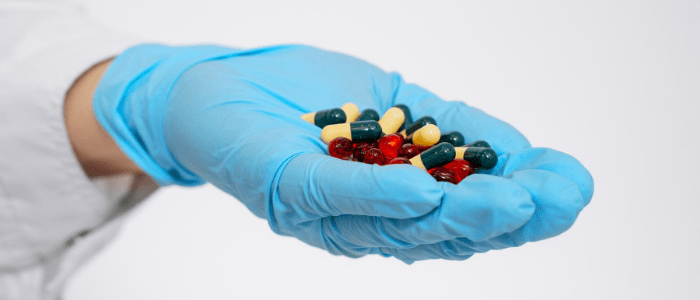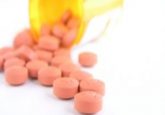Mind over matter: nondeceptive placebos can still reduce emotional distress in patients

Researchers have demonstrated that even when patients are aware they are taking a placebo drug, known as a nondeceptive placebo, emotional distress can be reduced. The placebo effect, in which patients feel better after taking a treatment with no active ingredients, has been well documented since it was first described in 1799, but several more recent studies have suggested that placebos administered without deception, nondeceptive placebos, can also be effective in helping patients manage a variety of highly distressing disorders and impairments. A collaborative research team made up of scientists from Michigan State University, University of Michigan (both MI, USA)...
To view this content, please register now for access
Join our member community for FREE to access a collection of journal and online-only features, including:
- Exclusive access to educational videos, eBooks and insights into top BioTechniques journal articles
- The latest news and journal updates delivered straight to your inbox when you want it
- Personalized recommendations for the latest member-exclusive podcasts, interviews and expert opinions
- Priority registration to webinars, panel discussions and events
- Access to competitions and journal publication discounts, including 10% off open access fees when you sign up today!
